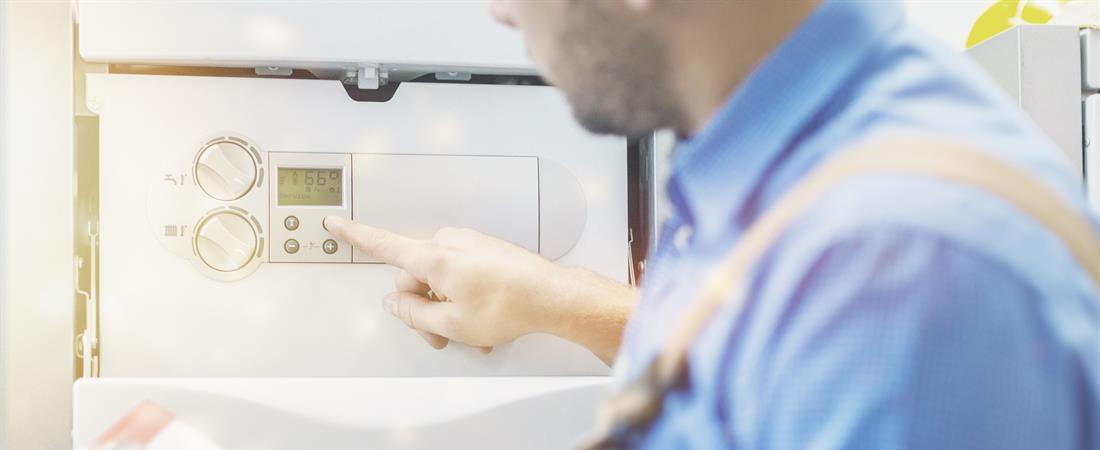Contact Our North Carolina Plumbers
Tankless Water Heaters Versus Traditional Water Heaters
Tankless water heaters are very popular these days. When deciding between a traditional hot water heater and the more modern tankless water heater, you need to consider if a newer tankless system will meet your hot water, budget, and home layout needs. While there are several compelling reasons for and against tankless water heaters, it all comes down to what will work best for your situation.
5 Pros of Tankless Water Heaters
- Efficiency – Generally speaking, tankless water heaters are more energy-efficient than traditional water heaters. Tankless water heaters can be as much as 50% more efficient in optimal conditions. The tankless water heater is more efficient because it doesn’t store water like traditional systems that spend energy constantly heating and maintaining a water supply.
- Energy Savings – Tankless water heaters can save you money throughout the system’s lifespan. The initial installation and purchase ideally will be less than the money you will save in energy costs over the life of the appliance. Tankless water heaters have a longer lifespan than traditional water heaters, so you will have anywhere from 10 to 20 years to recoup your investment. If you opt for an electric model, you will start to see saving even sooner than with gas units.
- Green Option –Tankless water heaters use less energy and are more efficient than traditional water heaters. Tankless systems are considered friendlier to the environment because they use less energy. They only heat water as needed, which is an efficient and environmentally friendly use of energy when compared with traditional units. Traditional units are not as energy efficient because they are always heating water whether it’s needed or not. For example, if you go on vacation for a week, your tankless system is using very little energy, but a traditional system is using a similar amount of energy as if you were home.
- Instant Hot Water – Hot water on demand is one of the biggest pros of the tankless water heater. Unlike traditional water heaters, tankless water systems heat as much water as you need to use at any given time. Traditional water heaters have a storage tank of hot water, and once it’s empty, you have to wait for some time before you have more hot water to use.
- Longer Lifespan –The tankless water heater has a lifespan of as many as 20 years. Traditional water heaters typically last for 10 years, and in the right conditions, a tankless water heater can last twice as long.
5 Cons of Tankless Water Heaters
- Hot Water Needs – Tankless water heaters heat water on demand, so users never run out of hot water, but if you use a vast amount of water during certain blocks of time, it may not work for you. Large families could face challenges with these systems if everyone uses it at once in the mornings while getting ready; in this example, the system works beyond its output ability. Tankless water heaters should be purchased and installed by professionals who can help you choose a unit that is sized to meet your hot water needs. A plumbing professional can let you know if your current hot water usage outpaces the output of one of these systems. If this is the case, you will more than the average whole-house tankless hot water heater to sustain more significant output. Users with large hot water needs can also consider purchasing multiple systems, but this would undoubtedly be a more expensive option.
- Seasonal Issues – Tankless water heater systems can be installed pretty much anywhere location-wise, but there are challenges for these modern systems for those who live in areas that experience colder winter temperatures. When groundwater sinks to low temperatures during the winter months, tankless water heaters will take longer to heat on-demand hot water. During the winter months, your tankless water heater will work harder and longer to warm your water to desirable temperatures, which will add more wear and tear to the system. This also means a longer wait for hot water during certain parts of the year. Also, the colder the water is when it enters your system, the more energy your tankless water heater will need to spend to heat your water.
- Water Heater Location – Before purchasing a tankless water heater, you will also need to consider how your current water heater is installed. The cost of installation could quickly become unreasonably expensive if your current water heater is placed somewhere differently than your new tankless system will need to be placed. Relocating your water heater requires the help of plumbers, electricians, and maybe other contactors to move water and gas lines. This is an expense that could make a tankless water heater unaffordable.
- Flow Rate – If you have several appliances that use hot water at once that are making demands on your tankless water heaters, you may need multiple systems to maintain your current usage flow. Finding a whole-house tankless system that can meet the needs of multiple heavy-use appliances at once may be challenging without additional add-on point of use systems. This is considered an add-on feature, which could make a tankless system quite expensive.
- Initial Costs – The initial costs of converting from a traditional water heater to a tankless system can present a significant financial investment. Conventional water heaters are as much as three to four times cheaper than tankless water heater systems.
Are you ready to make the change to a tankless water heater? Contact us at (336) 439-3040 to speak to the tankless water heater professionals at PF Plumbing for more information about purchase and installation.

